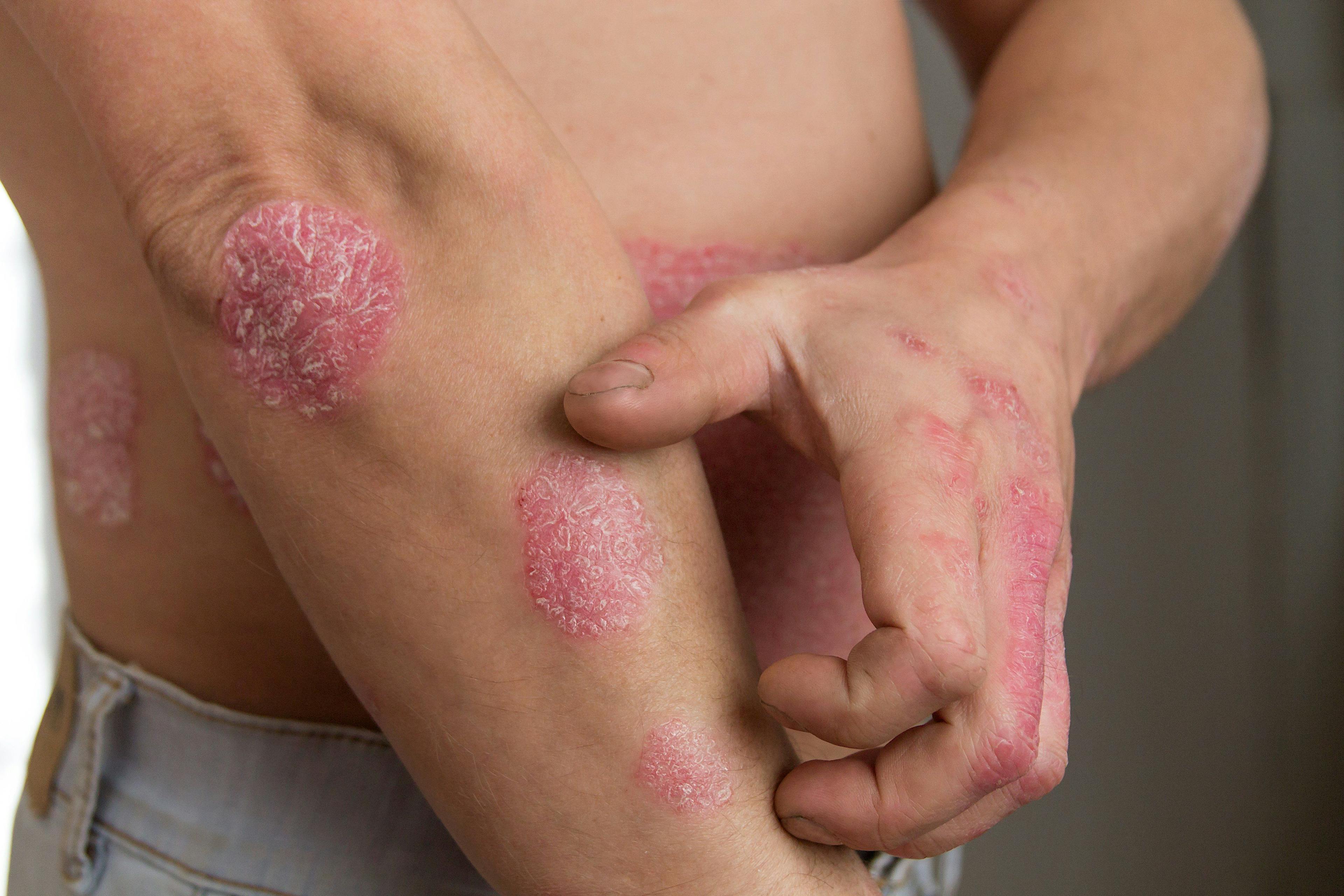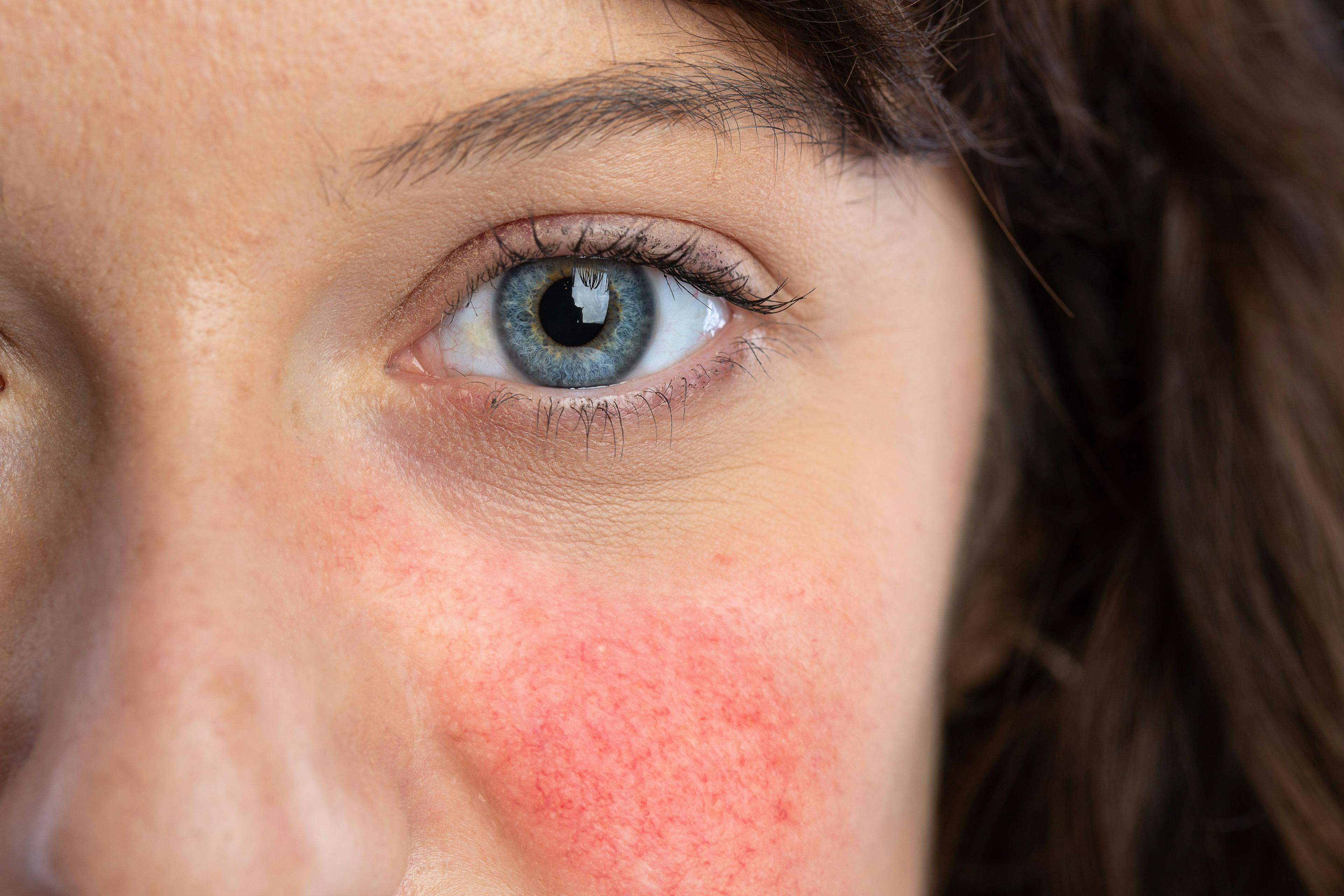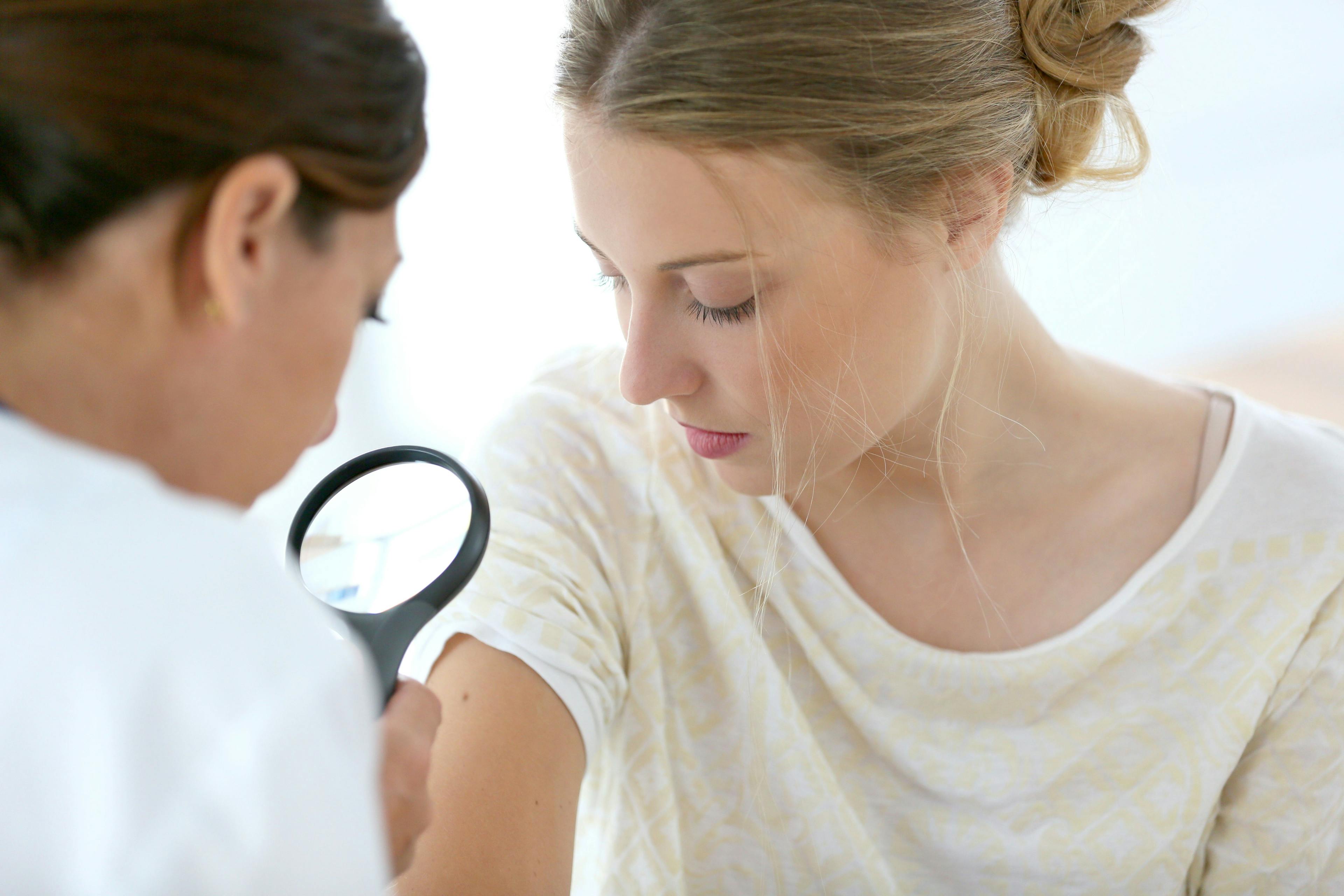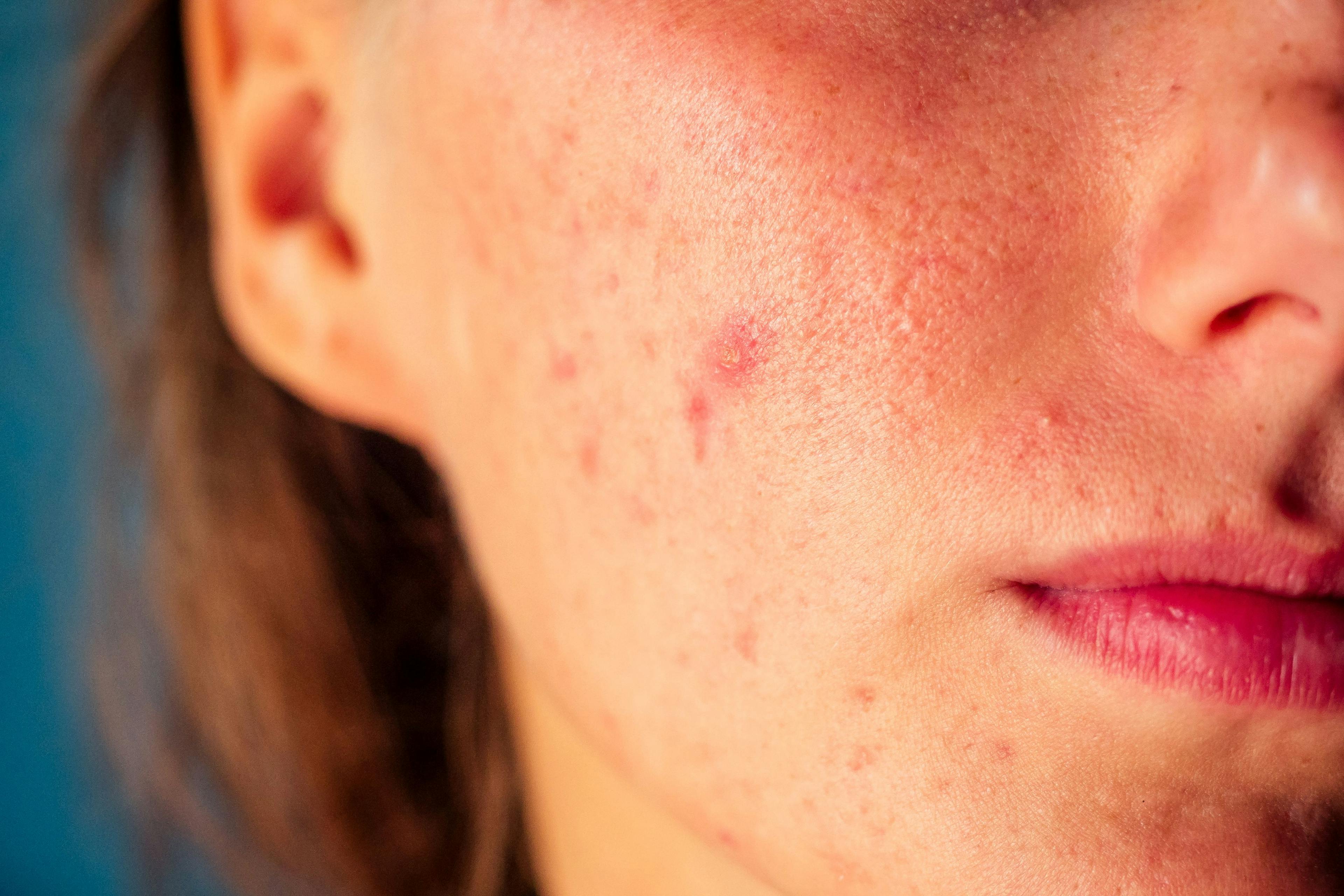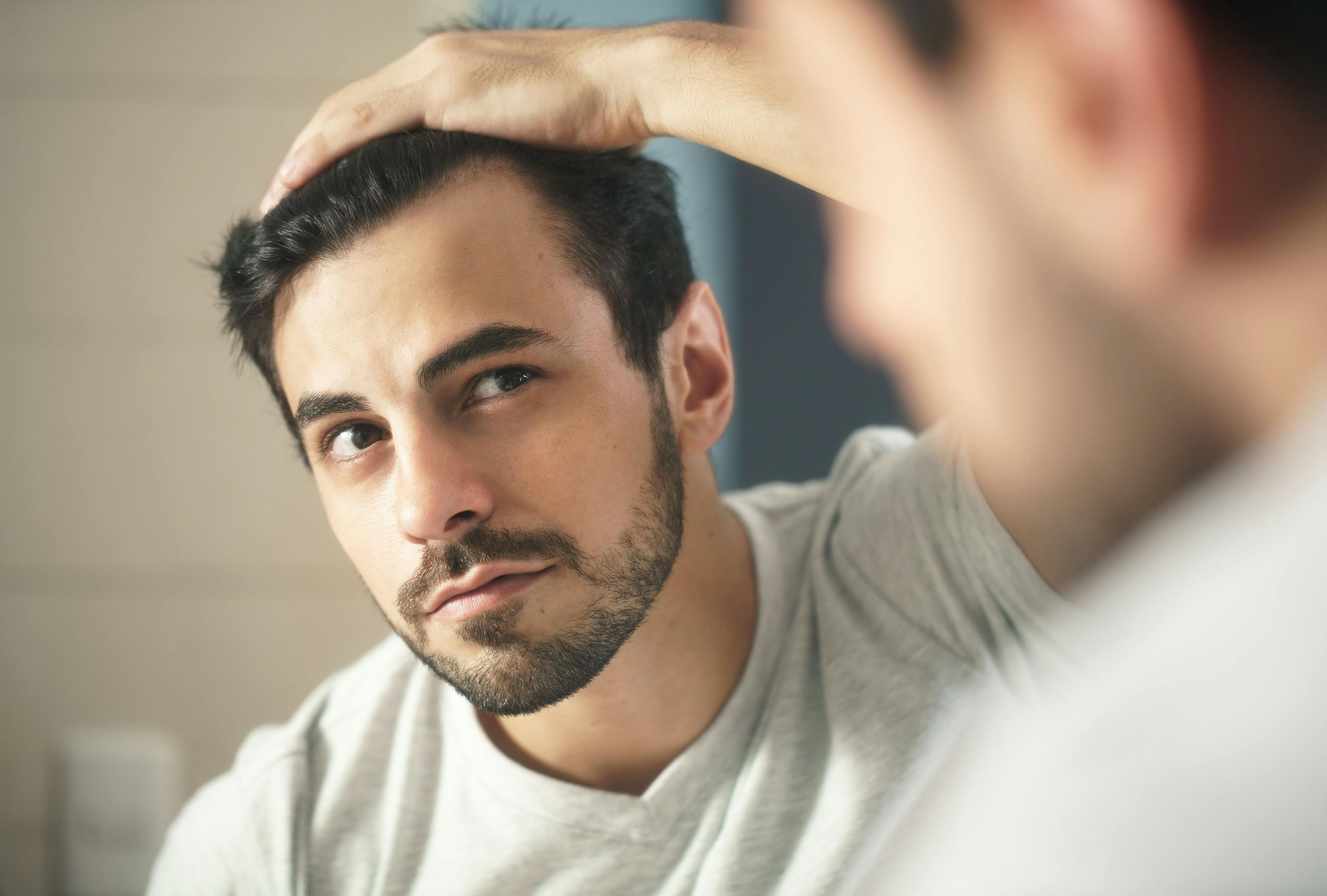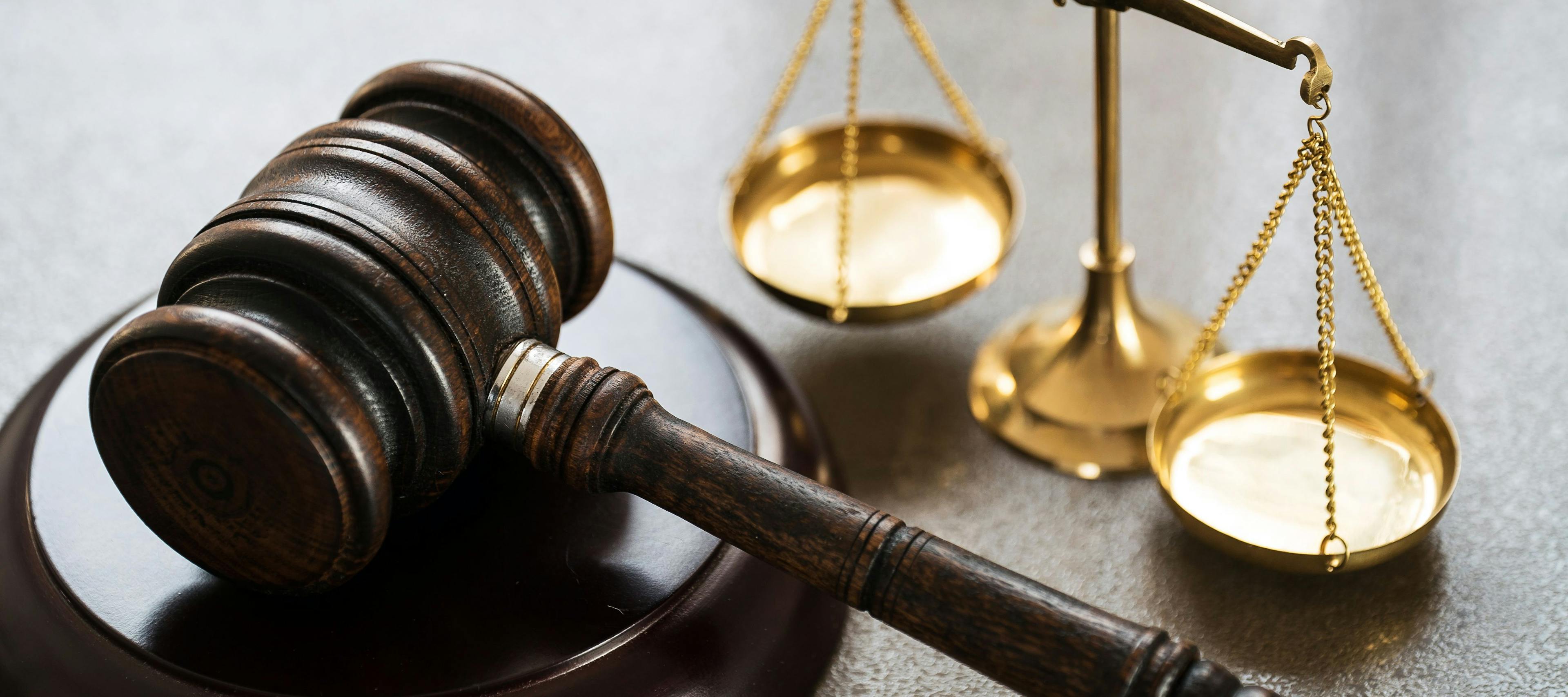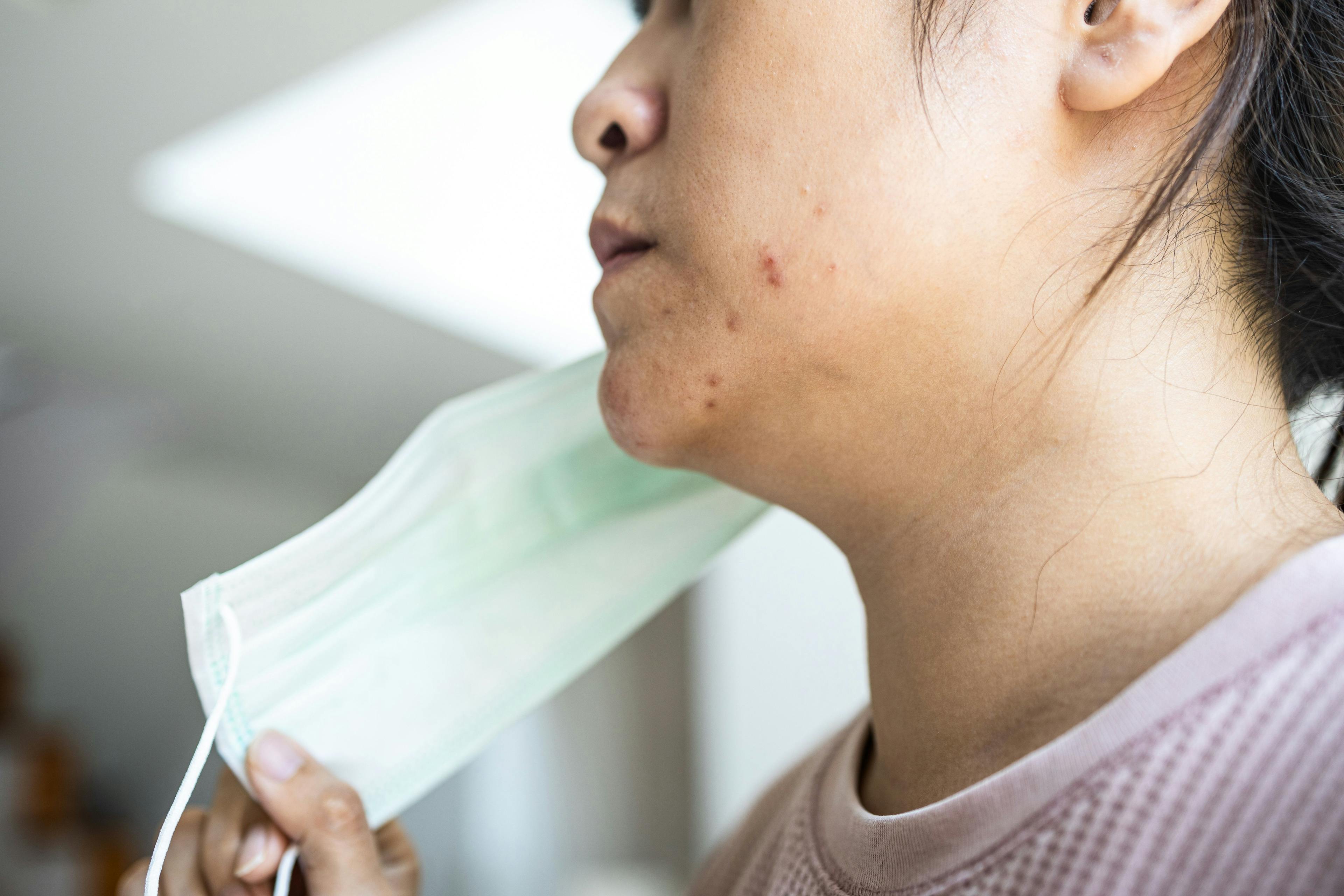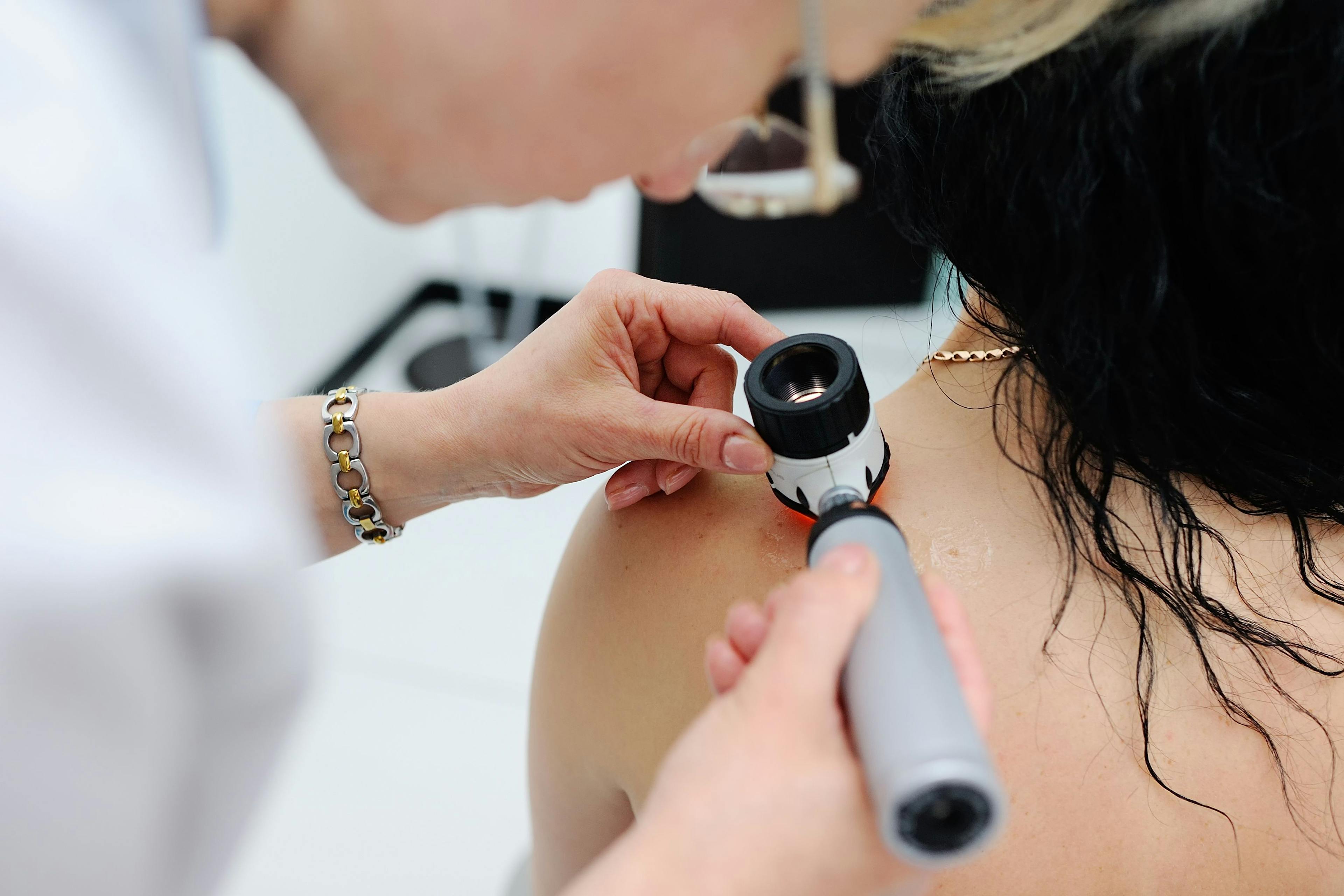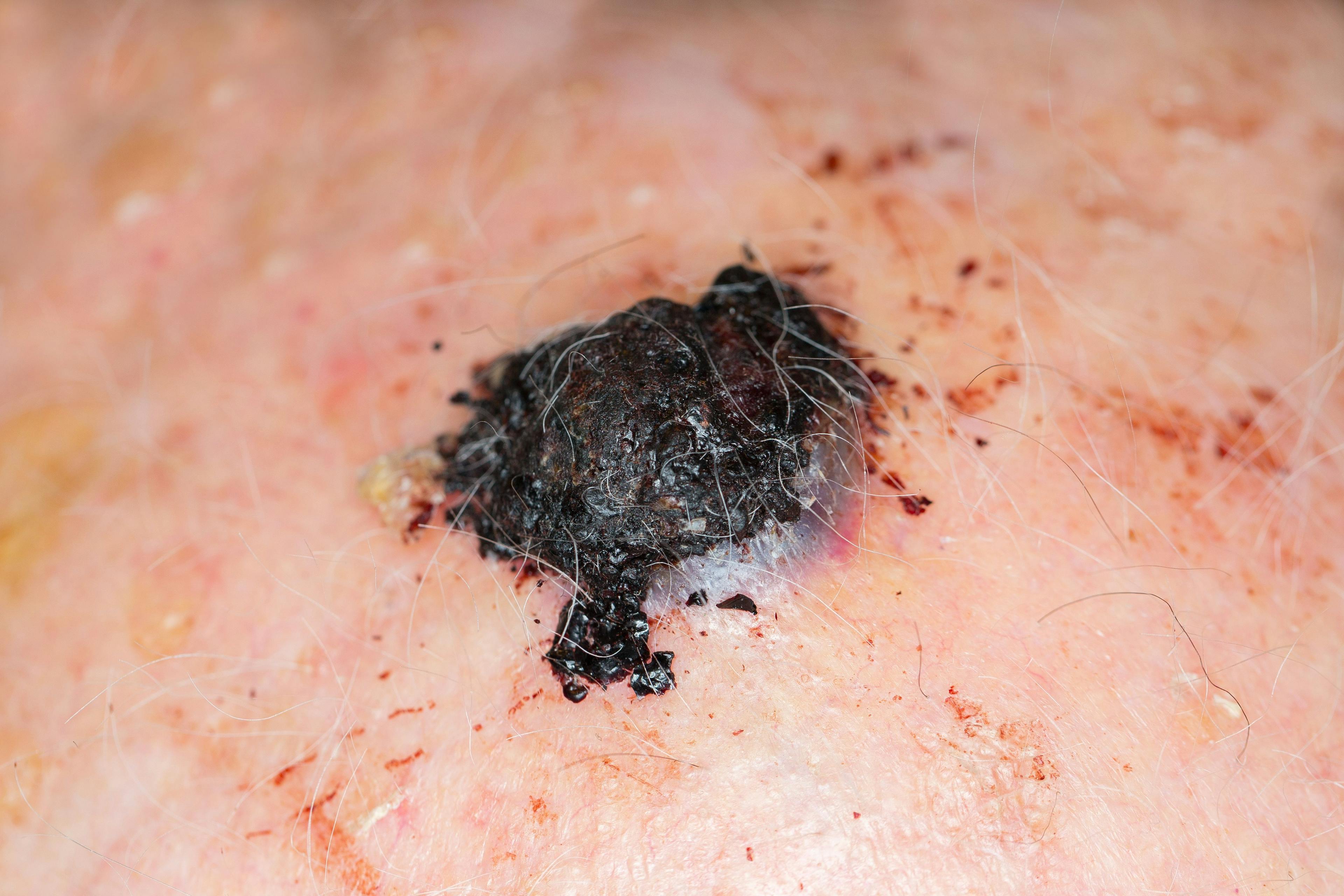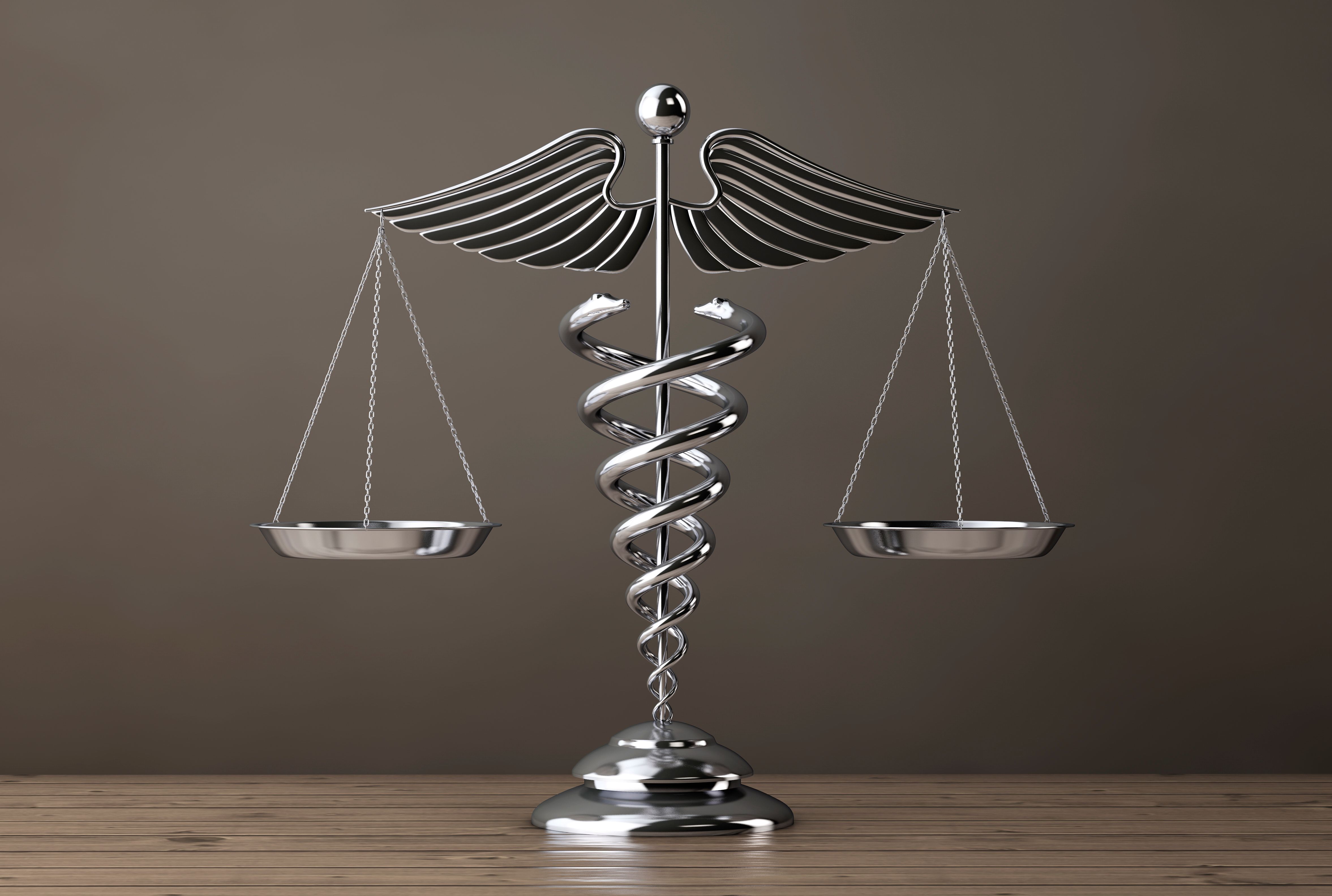- Acne
- Actinic Keratosis
- Aesthetics
- Alopecia
- Atopic Dermatitis
- Buy-and-Bill
- COVID-19
- Case-Based Roundtable
- Chronic Hand Eczema
- Chronic Spontaneous Urticaria
- Drug Watch
- Eczema
- General Dermatology
- Hidradenitis Suppurativa
- Melasma
- NP and PA
- Pediatric Dermatology
- Pigmentary Disorders
- Practice Management
- Precision Medicine and Biologics
- Prurigo Nodularis
- Psoriasis
- Psoriatic Arthritis
- Rare Disease
- Rosacea
- Skin Cancer
- Vitiligo
- Wound Care
Publication
Article
Dermatology Times
Can Doctors be Expert Witnesses Against Non-Physicians?
Author(s):
In this month's Legal Eagle article, David J. Goldberg, MD, JD, examines the legality of whether physicians can be used as an expert witness against non-physicians.
Dr. Expert is a well-respected dermatologist who practices in a jurisdiction where it is perfectly legal for non-physicians to perform cosmetic laser procedures with essentially no physician supervision. Because of these permissive legal rules, many spas in the major metropolitan area where Dr. Expert practices provide energy-based device treatments. Some spas require direct onsite physician supervision of procedures; others do not.
At one such poorly supervised spa, a state-licensed esthetician performed laser hair removal on a Black woman with a laser that, ideally, was being used to treat lighter skinned individuals. Unfortunately, the woman suffered both permanent scarring and pigmentary changes.
Dr. Expert has been asked to serve as an expert witness for the suing plaintiff. But he is uncomfortable in this role and has never served as a plaintiff’s expert. However, he has become disgusted with the lack of strict guidelines as to who can perform laser treatments and what supervision he believes should be required.
It is not that he has difficulty with non-physicians performing cosmetic laser treatments. He is a strong advocate of this practice as long as there is direct onsite physician supervision. In fact, both physician assistants (PAs) and nurse practitioners (NPs) perform these treatments in his practice. He accepts his role as plaintiff’s expert witness because he is certain the case will be straightforward. It is not!
Upon finding out that Dr. Expert will testify, the defendant esthetician's legal counsel files a motion to exclude his testimony. The defendant’s attorney is fully cognizant that his esthetician client will be held to the same standard as a dermatologist performing laser hair removal.
The motion attempting to bar Dr. Expert’s testimony is based on the premise that he is not a state-licensed esthetician and therefore should not be allowed to testify against an esthetician–even if both the physician and esthetician are ultimately held to the same standard. The defendant’s attorney assumes that it will be hard for the aggrieved plaintiff to get an esthetician to testify against another esthetician. What will the court decide?
In Edward F. Group III, D.C. v. Vicento, an anesthesiologist served as plaintiff’s expert witness in a Texas malpractice action against the defendant chiropractor. Mark Vicento, the injured plaintiff, alleged that Group, who was his chiropractor, was negligent in failing to comply with the standard of care. Vicento filed an expert opinion from an anesthesiologist.
Group then filed a motion to exclude the expert report. He contended that a physician was not qualified to testify as to the chiropractic standard of care because he was not a chiropractor.
The court disagreed based on Texas's expert witness statute which requires that the expert 1) practice health care in a field of practice that involves the same type of care of treatment as that provided by the defendant health care provider; 2) has knowledge of accepted standards of care for providers for the diagnosis, care, or treatment of the illness, injury or condition involved in the claim; and 3) is qualified on the basis of training or experience to offer an expert opinion regarding those accepted standards of health care.
Even though the anesthesiologist was not a chiropractor, he fulfilled these requirements and his expert views were accepted.
Similarly, even though he is not a licensed esthetician, Dr. Expert uses similar methods to the defendant esthetician, his specialty over- laps and intertwines with that of an esthetician, and he is qualified to perform the same functions as estheticians. His expert testimony will be accepted.

Newsletter
Like what you’re reading? Subscribe to Dermatology Times for weekly updates on therapies, innovations, and real-world practice tips.

